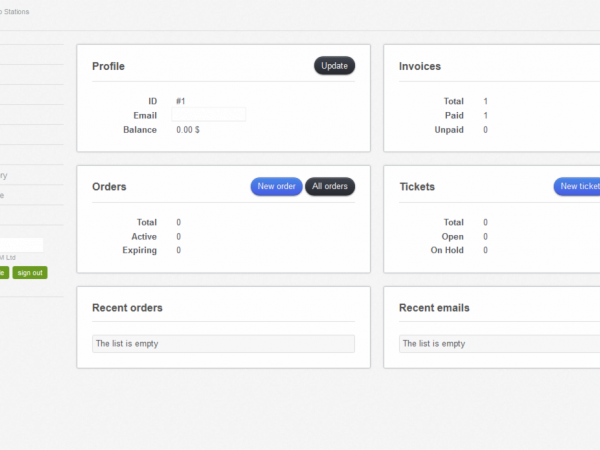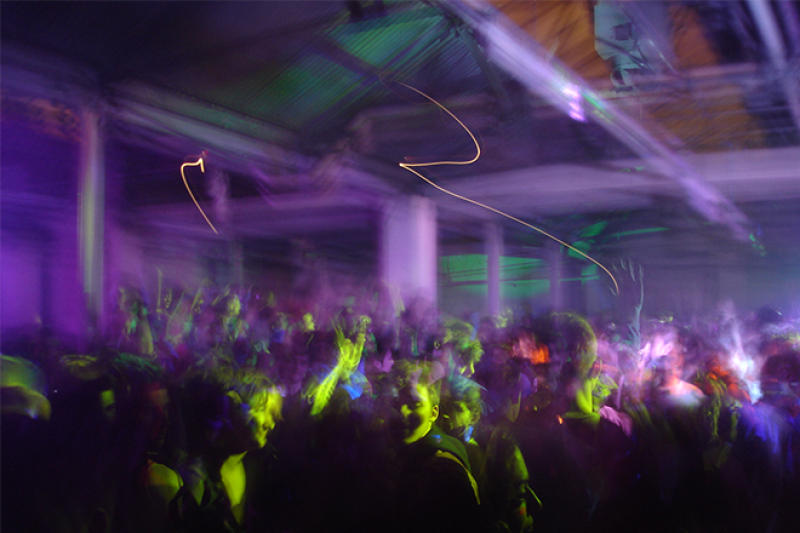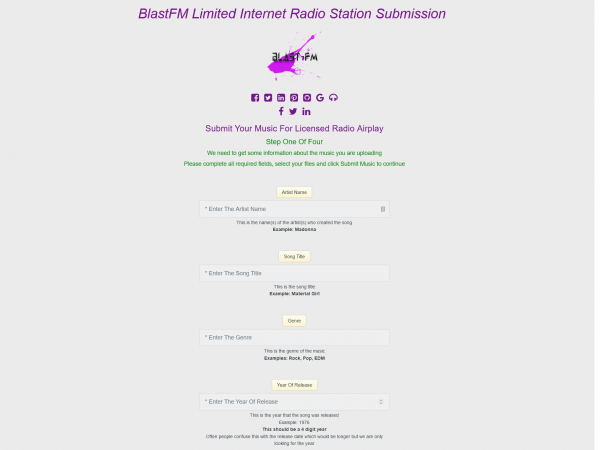
BlastFM Limited
Welcome to the BlastFM Limited website
This is the offical website for BlastFM Ltd, London, UK
We own and maintain many websites and radio stations and we are very active on social media, including our own at: https://blastfmsocial.media
Please sign up if you haven't already, this should be very simple, then join us for a chat while you listen to our many internet radio stations
We have recently launched our Music Sales website, where artists can sell their music online, to find out more, contact us or visit the Music Sales website at: https://blastfmmusicsales.com
Scroll Down To See The Full Website
Upload Your Music Today
Upload your music for licensed radio airplay using our music submission webpage.Set the Artist name, Song title, Album name, ISRC code and image for your music and we will embed all of the information in an MP3 file for you automatically.
Select how long you would like your song to be played for and which internet radio stations you would like your song to play on and our automated music upload page will do the rest for you.
You can also select to have the meta data and image embedded in your MP3 file without requesting radio airplay.
We will send you a copy of your MP3 file which is named based on the information you submit to you by email.
If any of the material that you upload is considered to be offensive in any way we might refuse to play it. We reserve the right to not play offensive material on our radio stations.
BlastFM Limited Artist Spin Chart
Our artists spin chart displays how many times songs have been played.It shows the top ten and top 20 artist charts.
Artists can also search for an artist name or song title and get a list of known songs and spins.
You can also 'Timehop' back to one year ago and see what our charts were showing then.
You can also select how many results you would like to view.
The top 10 and top 20 pages are used most commonly but you may select your preferences.
The Top 20 page is the default selection when visiting the website.
If an artists songs have been uploaded to our Music Sales website, you will also have an option to purchase the music, this will be indicated by a green shopping cart in the song spin details.
Visit our Artist Spin Chart at https://spinchart.blastfm.limited

BlastFM Limited Music Art API
BlastFM Limited Music Artwork delivers artist images to internet radio stream players and web pages where the current playing artist/title are displayed.We have developed our system to be fully compliant with modern API systems.
Remote stream players can request images from our API if they have a valid API key. API keys can be purchased directly from BlastFM Limited at a minimal monthly cost.
Whether you use Shoutcast, Icecast or a HTML5 player for your radio stream, please contact us to find out more about art Music Art API and let us provide those vital images for your project.
We provide images by Artist, Track Title, Album Title in that order. If an image is not found for an artist, we then look for an image using the artist/track combination and if that fails we look for album artwork.
You can order an API key from our secure billing system at BlastFM Limited Secure Billing System API Key Order Paypal accepted.

Internet Radio Stations
We provide the server/the software for a complete internet radio station. We do not share servers, each radio station has it's own independent server with software installed, we take care of all that for you so that when we hand the radio station over to you, it is ready for your music to be uploaded and then ready to start playing!
Each radio station comes with enough processing power/memory/hard disk space to upload thousands of music files and schedule a 24/7 Internet Radio Station.
Each radio station can be configured for Icecast or Shoutcast output or both. We tend to use Shoutcast more these days as it is compatible with the licensing authority that we use and our version of Icecast isn't, but the choice is yours, there is little or no difference in output quality.
To order an Internet Radio Station please Click here to order from our secure billing website or contact us if you would like to discuss your options, we offer several different types of radio stations and we will help you decide which option is best for you.

Music Sales
We are pleased to announce that our Music Sales website is now fully operational.
Artists/Bands/Managers/Agents/Record Label's can now upload their music to our website and offer it for sale.
Because it takes us time to make sure your music is as good as it can be in terms of quality and information, we charge a small fee for uploads.
• We check that your music files haven't got too much silence at the beginning or end, we check that all metadata is as accurate as we can get it, (We may ask for more information if it is required) and once everything is right, we will make a preview of your song(s) so that customers can listen to a sample of your music before buying it but cannot listen to the whole track(s) without buying them.
To order music uploads, Click here to order from our secure billing website
You can visit our Music Sales website at: https://BlastFMMusicsales.com to browse through our music or buy some of it, please remember that a lot of the artists we feature are not signed to a record label and would appreciate any sales or positive feedback they can get from people.

Social Media
BlastFM Limited have their own social media website. It is quite similar to a lot of other social media sites in a lot of ways and very different in a lot of ways.
We focus more on music/video than a lot of other sites, artists can upload song files and our players will display an inline player which other people can use to listen to the music.
We also offer the ability to sell merchandise on our site, so you might see a lot of items for sale from musicians and companies associated with our website.
There are lots more features that are specific to our website and the way we try to help aspiring artists and the best way to see and appreciate them all is to visit us at: https://BlastFMSocial.media
We also have a Music Sales website, you can visit it by clicking: https://BlastFMMusicSales.com

Email Services
Once ordered and setup, you will be able to access your email account(s) immediately.
This is ideal for new businesses/clients who need company email addresses, lots of different names @ the same domain. You can contact us at any time using the main menu Contact link at the top of the page to discuss your requirements, we are always happy to help and can customise your order pretty much any way you want.
With just one link, (https://blastfm.email/mail) you can login to all of your accounts, ideal for businesses or agencies who have dave@ or sarah@ employee's who need an account.
Talk to us today about how we can help your business/agency/website function more clearly in todays digital world and put forward a totally professional look and feel.

BlastFM Limited Secure Billing System
We also offer our customers a secure billing system where they can order our products/services.Our billing system can also generate customer invoices automatically each billing period.
If you don't already have a billing system account, you can create one easily and quickly by visiting our Billing System Registration Page
You will be able to order any of our products/services quickly and easily and be invoiced at the intervals you select when ordering. Most services can be paid for on a monthly, semi-annual and annual basis. Recurring invoice schedules may vary between products so please be sure to select the correct billing cycle when ordering.
We accept Paypal payments to make things easier, you can use your credit/debit card to make payments. You can also send us a payment using the followin link and replacing the amount as necessary https://paypal.me/blastfm/90.00
Recent Website News
- BlastFM Windows Screen Saver – Free Download 0
- Busta Rhymes Reflects on His Legacy & Why Artists Must Be Honored 0
- UK Night-Time Economy Worth Over £135 B—True Economic Force 0
- Scott Mills Raises £1 Million in 24-Hour Treadmill Challenge 0
- Elton John’s Last U.S. Shows & Chart Revival Highlights 0
- Mary J. Blige’s Debut Children’s Book “Mary Can!” Arrives in 2023 0
New Forum Posts
-
See What All Of Our Radio Stations Are Playing
You can see what is being played on all of our internet radio stations at any time.Visit our Radio Station List for m...
Posted by BlastFM Administrator 3 years ago -
Automated Music Upload Service Launched
If you would like to submit your music to us for radio airplay, please complete the form located at https://submit.bl...
Posted by BlastFM Administrator 3 years ago
UK Night-Time Economy Worth Over £135 B—True Economic Force

UK Night-Time Economy
The UK’s night-time economy, which covers everything from pubs and clubs to cinemas, taxis, and theatres, is now valued at more than £135 billion. It plays a major role in keeping Britain’s cities alive after dark and supports millions of workers. But new challenges are reshaping the way people spend their nights out.
What Counts as the Night-Time Economy?
The night-time economy refers to all the businesses that open their doors after 6 pm and run until the early hours. This includes:
- Restaurants, pubs, and nightclubs
- Cinemas, theatres, and concerts
- Late-night shops and food delivery
- Transport like taxis, buses, and trains
Together, these sectors bring in a huge amount of money and give jobs to millions of people across the UK.
A £135 Billion Powerhouse
Official figures show that the UK night-time economy is worth over £135 billion each year. That makes it one of the most powerful parts of the country’s economy.
- More than 1.5 million jobs are directly linked to night-time industries.
- Around 6% of the UK workforce is involved in late-night work.
- From bar staff and waiters to musicians, taxi drivers, and security workers, this sector is a lifeline for many households.
The Changing Night Out
But the traditional night out is not the same as before. According to industry reports:
- The number of nightclubs has fallen by more than half since 2013, dropping from around 1,700 to under 800.
- Young people are choosing to go out earlier in the evening and head home sooner, leaving clubs emptier late at night.
- Rising costs — from drinks and tickets to transport — are making nights out more expensive.
Michael Kill of the Night Time Industries Association has warned that the sector is “under real pressure” and needs urgent support to survive.
Why It Still Matters
Despite the challenges, the night-time economy remains essential. It not only gives people spaces to eat, dance, and enjoy culture, but also:
- Brings tourists into cities like London, Manchester, and Glasgow.
- Creates safer city centres by keeping them active after dark.
- Helps local shops, restaurants, and transport businesses thrive.
Government and City Responses
Leaders across the UK are beginning to act.
- Greater Manchester has launched a night-time strategy focusing on safer streets, better late transport, and support for workers.
- In Parliament, MPs have debated how to protect venues, support staff, and keep nightlife alive in the face of rising costs.
- Experts and legal groups suggest updated licensing rules and investment to build “24-hour cities” that work for everyone.
Case Study 1: Manchester’s Night-Time Strategy
Manchester has been one of the first UK cities to appoint a Night-Time Economy Adviser. The city created a full plan to make nights safer and more welcoming.
- Extra late-night buses and trams were introduced so people could get home safely.
- Campaigns like “Good Night Out” trained staff in pubs and clubs to handle safety issues better.
- The city also held a Night-Time Economy Summit, bringing together business owners, workers, and police to discuss how to keep the sector strong.
0 Comments
Welcome
Comments
- [news] BlastFM Launches New Music Sales Website for Indie Artists Posted by BlastFM Administrator 7 years ago




